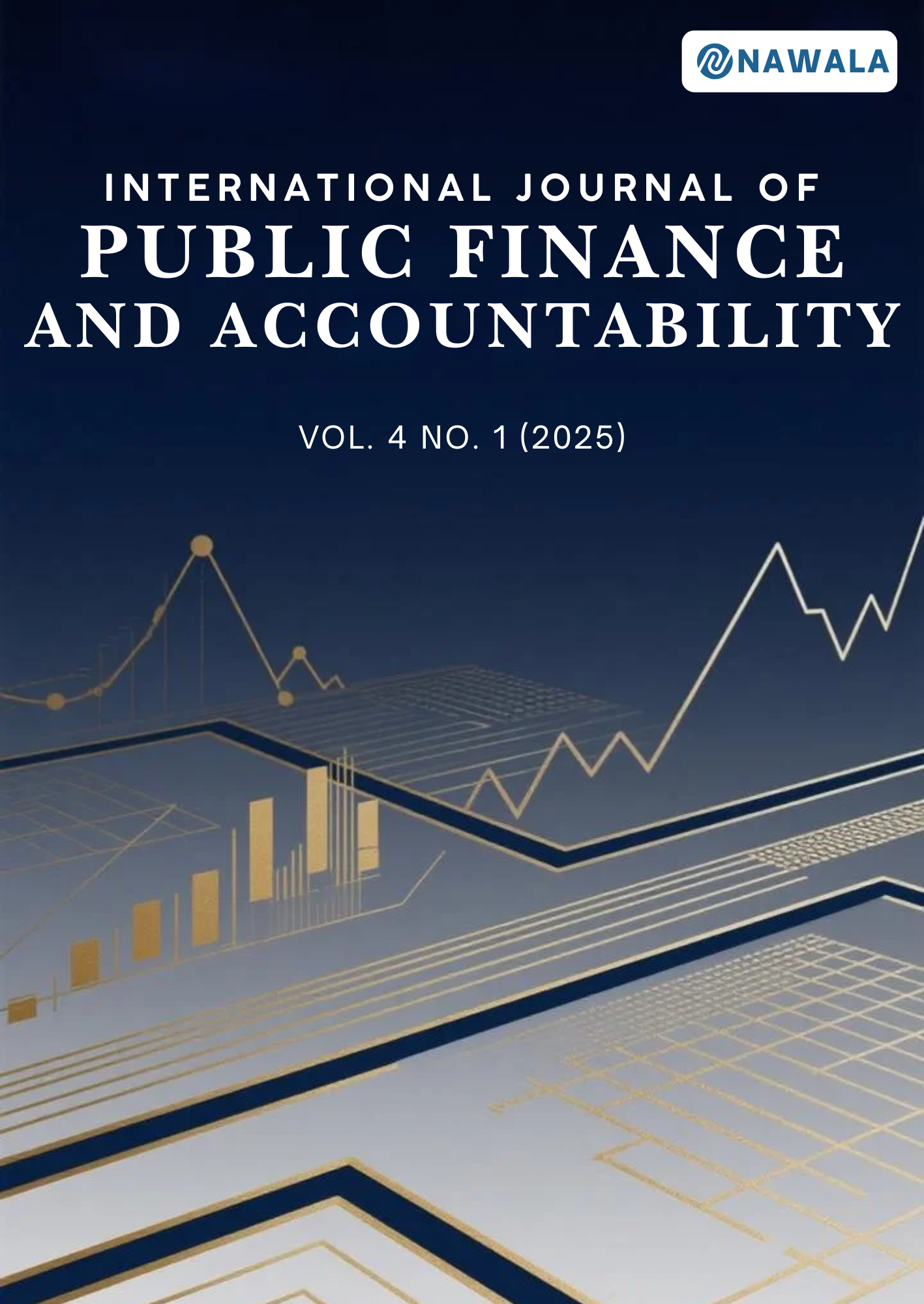Artificial Intelligence in Audit Processes: Opportunities and Risks for Public Accountability
Keywords:
Artificial Intelligence, Auditing, Governance, Public AccountabilityAbstract
This study examines the integration of artificial intelligence
(AI) in audit processes, with a focus on its opportunities and
risks for public accountability. The main question centers
on how AI can enhance audit effectiveness while
safeguarding transparency and ethical standards. Employing
a systematic literature review approach, the study
synthesizes peer-reviewed evidence from diverse disciplines
to assess the technological applications, efficiency gains, and
governance implications of AI in auditing. The analysis
reveals that AI offers significant benefits in automating audit
tasks, improving data accuracy, and detecting irregularities,
yet it also introduces risks related to algorithmic bias,
privacy concerns, and regulatory gaps. Discussion of the
reviewed literature highlights thematic patterns and policy
considerations, emphasizing the importance of institutional
readiness and ethical oversight. The findings suggest that
balanced governance frameworks are essential to harness
AI’s potential while maintaining accountability in both
public and private sector audits.





